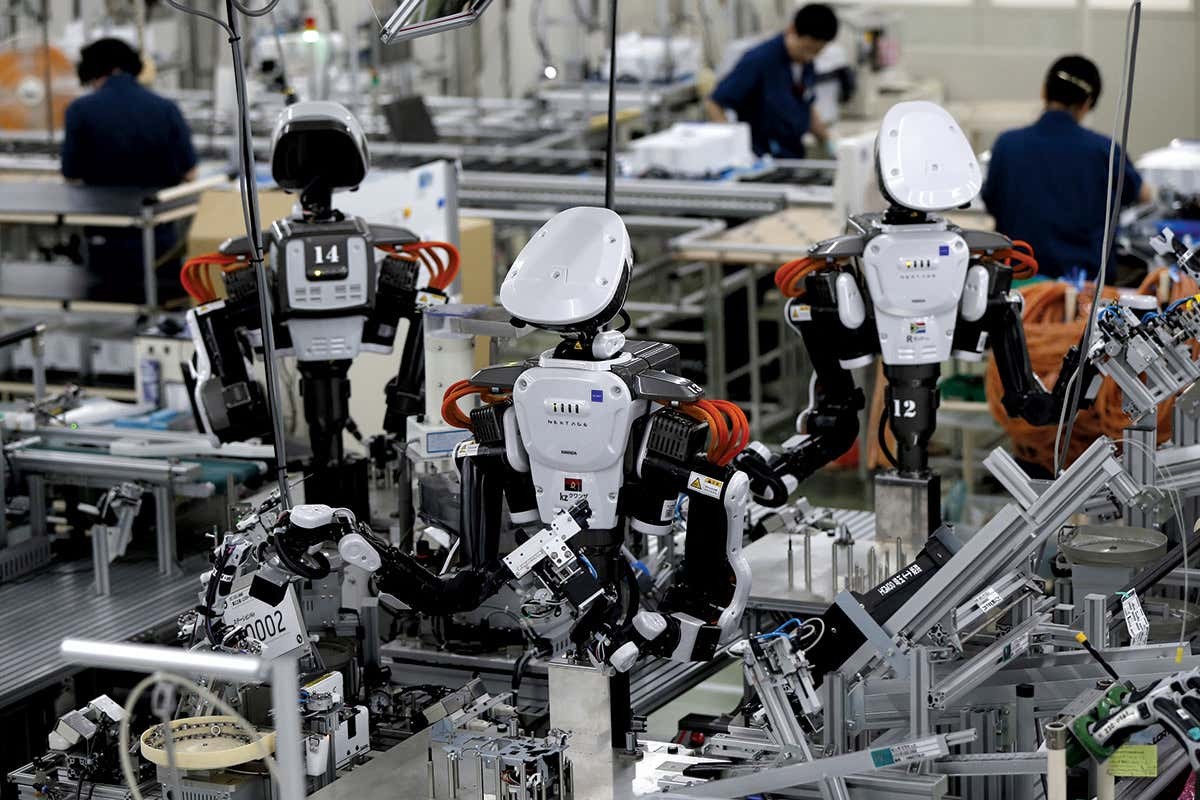
In a forward-thinking proposal that seems increasingly relevant today, Microsoft co-founder Bill Gates suggested implementing taxes on robots and automated systems that replace human workers. The concept, first introduced in 2017, aims to address the growing impact of automation on employment.
Gates proposed that companies using robots to replace human workers should pay taxes on automated systems similar to how they pay taxes on human wages. The revenue generated would support social programs, worker retraining initiatives, and job creation in sectors requiring human skills like education and elderly care.
"If a human worker earning $50,000 annually is taxed, why wouldn't a robot performing the same job face a similar levy?" Gates argued in a 2017 Quartz interview. His vision wasn't to halt technological progress but rather to manage its effects on society by slightly slowing the pace of automation adoption.
The proposal comes as artificial intelligence and robotics rapidly transform industries from manufacturing to logistics. The COVID-19 pandemic has accelerated this trend, with companies increasingly turning to automation amid labor shortages.
While some experts support Gates' idea as a way to balance innovation with societal needs, critics argue that taxing robots could hamper technological advancement and economic competitiveness. Alternative suggestions include universal basic dividends funded by tech company profits.
The discussion has evolved to include potential connections to Universal Basic Income (UBI). Gates himself has noted that addressing poverty through measures like UBI could prove cost-effective, citing that child poverty alone costs the U.S. over $1 trillion annually.
As automation continues reshaping the workplace, Gates' early warning about the need to prepare for widespread job displacement appears increasingly prescient. The debate around robot taxation highlights broader questions about how society should adapt to a future where machines increasingly perform tasks once done by humans.
The proposal underscores the need for careful consideration of how tax systems and social safety nets must evolve alongside technological advancement. As AI and automation progress, finding ways to balance innovation with societal well-being becomes increasingly urgent.